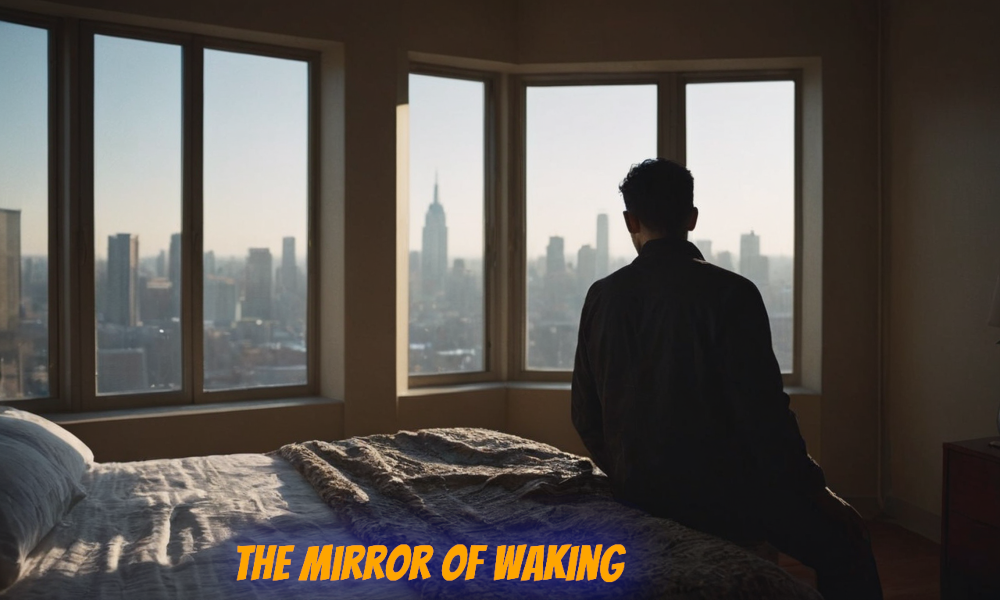
Tobias wakes from a dream and for a long moment cannot tell which world he has woken into. The ceiling above him, the faint tick of the radiator, the gray light spilling between slanted blinds; all of it feels precisely as it should. And yet, an unease lingers, as though the air itself hums with quiet dissonance. The dream had been this same room: same cracked windowpane, same low murmur of distant traffic, same gentle ache behind his eyes. It was indistinguishable, and that was what unsettled him most… that he could no longer discern what belonged to sleep and what belonged to the waking world.
He sits there, half-wrapped in tangled sheets, feeling the gravity of both realms pulling at him. Two identical lives, two identical selves, separated by the fragile membrane of awareness. In each, he wakes to the same day: the same streets, the same faces, the same faint scent of rain on the city’s concrete breath. And still, he senses that slight difference, that sliver of divergence like a faultline between mirrors.
The world around him, for all its familiarity, thrums with the pulse of quiet revolution. Towers of glass and carbon steel rise in place of the old brick, their surfaces rippling with advertisements that whisper his name without knowing they do. Drones drift like lazy insects between the buildings, their wings silent but their cameras always awake. Everywhere there is the soft intrusion of the synthetic; the glow of portable interfaces on every hand, voices from nowhere speaking through wireless veins, algorithms sorting human lives into patterns invisible but absolute. It is the world as anyone might see it when they look out the window: ordinary, electric, restless.
And Tobias is no one special in it. He moves within its currents as billions do, another fragment of consciousness swept along the data tide. A man of no renown, no wealth, no profound ambition; merely a quiet observer moving from morning to night, sustained by habit and the thrum of existence. Yet perhaps for that very reason, the strange doubling of his life feels all the more intimate, the more terrifying.
For somehow, Tobias stands (half-awake, half-dreaming) between two indistinguishable realities, each reflecting the other’s light, each whispering that it alone is real.
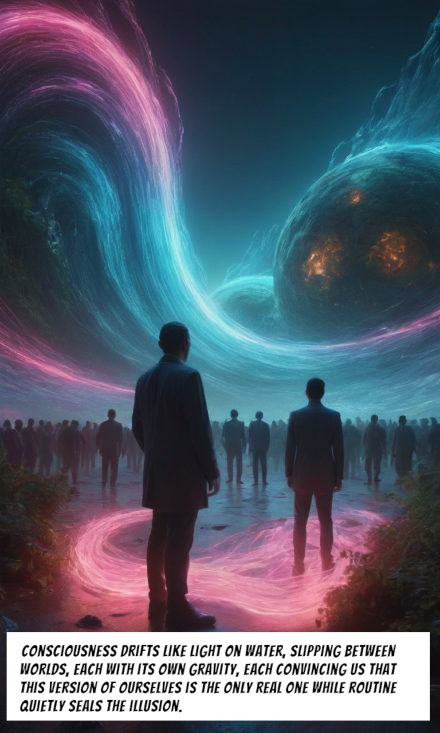
The Second Awakening
From that strange night, that night when he woke and could not tell if it was dream or daylight, something within Tobias quietly shifted. His sleep, once scattered with nonsense and fleeting images, no longer returned to the chaos of ordinary dreaming. Instead, night after night, he found himself awakening into that other world. But this other world was no fantasy, no distortion of his waking life… it was the same. Precisely, uncannily the same.
He would rise from a bed identical to his own, shuffle across the same cold floor, drink the same synthetic coffee while watching the same light filter through the blinds. He went to work, he answered messages, he watched the pale skyline stretch toward the horizon. Every detail, each minute gesture, echoed with such perfection that he wondered if reality had folded back upon itself, trapping him between twin reflections of the same existence. The realization weighed upon him, pressing at the boundaries of sanity. But what could he do, except continue living through both?
Perhaps Tobias suspected, somewhere beyond the tangled noise of his thoughts, that reality (any reality) is far more intricate than the mind can easily endure. What we call the dream is not mere fiction, not a theater of neurons sparsely firing in darkness, but a movement across dimensions; a shifting of awareness through unseen coordinates of Being. Dream and waking life are not opposites, but neighboring positions of attention. The consciousness, trained from birth to hold its focus on what we name the physical world, mistakes consistency for truth.
Yet attention itself is fluid. It can drift. It can reorient. It can awaken somewhere else entirely, where another self, another version, becomes the center of existence. Each of these worlds possesses its own gravity: an invisible essence that binds awareness to its rhythm, that convinces the traveler that this is the only real, and all else mere imagination. Routine strengthens that gravity: the habits of morning light, the ritual of breakfast, the murmurs of familiar streets. Together, they seal the illusion, enclosing the broader expanse of self into singular identity.
In crossing this threshold, Tobias had slipped, knowingly or not, into the silent mechanics of that greater truth. Through his dreams, through this mirror existence identical to the one he walked by day, he had been granted passage into another dimension; one shaped like his own world, yet breathing with subtler difference. A world that was not illusion, but another facet of the infinite dream of being.
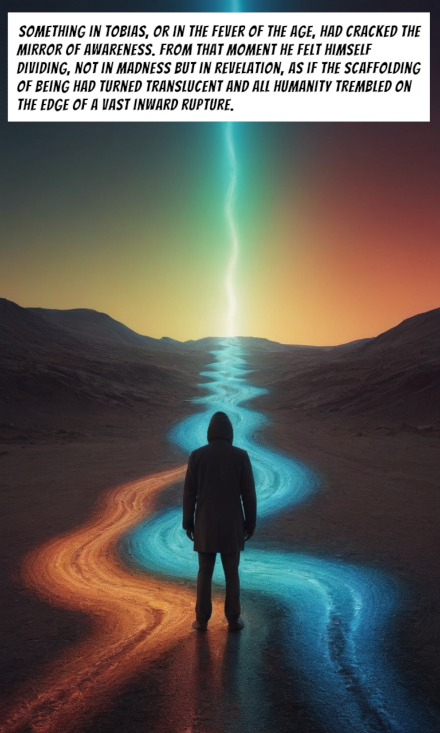
The Rift Within
Perhaps it was something buried deep within Tobias (some personal disposition of perception, a sensitivity woven quietly into his soul) or perhaps it was the age itself, this age of roaring invention and disquiet, that fractured the core of human awareness. Whatever its origin, from the moment the divide between dream and waking began, Tobias felt his essence subtly splinter.
It was not madness, not in the ordinary sense. It was as though the scaffolding of his being had become translucent, showing glimpses of unseen architecture beneath. Something within him (and within countless others) had begun to shift, responding to the invisible tremor of an approaching transformation. Humanity itself seemed poised on the lip of an immense and delicate rift, one that reached not through space but through the interior fabric of consciousness.
In quiet corners of the world, people murmured of vivid dreams unlike any before, dreams threaded with a weight and clarity that ordinary sleep could not contain. These were not fleeting illusions, not temporary echoes of imagination, but coherent, structure-laden realities that mirrored and reshaped the world they knew. Within these shared visions, lives unfolded in tangent, futures shimmered with impossible precision, and destinies coalesced as if drawn from the deep memory of time itself.
It was as though the boundaries that divided moments had weakened, allowing possibility to seep through the cracks. Futures long imagined pressed their faces against the glass of the present, whispering their existence backward into memory. Every potential that could be, had already been, and every outcome yet to come, pulsed faintly within the veins of now.
And Tobias (unwittingly, profoundly) stood awake amid these converging worlds. To him, the dreams did not fade upon rising; they remained, heavy and luminous, as if etched into the tissues of thought. He carried them with him through the day, their presence like an afterimage burned into perception. Each time he blinked, one world momentarily overlapped the other; each reflection seemed to lag behind its source.
He began to ask himself questions that had no clean answers. Was this the world he had fallen asleep within? Or had he woken somewhere else entirely, among reflections so perfect they could not be told apart?
In time, not even the discipline of repetition nor the dullness of daily routine could grant him certainty. Tobias no longer knew (perhaps would never again know) which of his worlds was the true one, or whether truth itself had ever rested within a single frame of reality.

The Shifting Ideologies
Perhaps the most delicate variation between the two worlds did not lie in their streets or skies, nor in the machinery glittering across their skylines, but in something far more elusive… something almost psychological. The difference lingered in the collective breath of humanity itself.
In his waking world (or what he still clung to as such) people had begun to realize, dimly at first, that their thoughts carried weight. The notion had crept quietly through universities, across newsfeeds, within the digital sprawl of social media platforms where algorithms wove new mythologies by the hour. It began as mere speculation, an intellectual curiosity, but soon ignited into conviction: that the direction of one’s thoughts, multiplied across billions of minds, sculpted the very fabric of the world.
Everywhere one looked, groups gathered to contest narratives, to shape perception with desperate precision. This indeed happened in both worlds. With the new technology, the old battles for ideology and influence had not faded… they had evolved. Corporations and governments employed entire battalions of synthetic intelligences to guide thought-streams, constructing feedback loops where belief became more valuable than truth. Memetic storms swept across the data fields like spiritual weather, rewriting consensus with every viral surge. In shimmering screens and murmured comment threads, Tobias saw humanity warring not just over territory or resources but over the architecture of reality itself.
And yet, beneath all this, a subtle flicker distinguished his world from the other, the dream world that shadowed it so faithfully. In both, people believed in the power of thought, but the fine distinction ran deeper than most could perceive.
In the dream world, thought held importance, yes, but only insofar as it led to action: only as the first spark that inspired progress, invention, revolution. There, people believed that change began within the mind but required the machinery of matter to bring it forth. Thought was the blueprint; the material, the edifice.
But in Tobias’s own world, something had begun to turn inward. The collective pulse had shifted, so faintly one could mistake it for illusion. Here, people were beginning to sense that thought itself was the substance of reality; not merely its architect. Walls, bodies, cities, the burning atmosphere; these were not ends shaped by idea but dense dreams of the mind, precipitations of consciousness. To change a thought was to alter gravity; to adjust belief was to bend the laws of cause. In this world, the lines between inner and outer had started to blur, as if the universe itself were catching up to its own revelation.
In his world, new groups were just beginning to emerge; new movements that fused science with occult ritual, data with divination. Hackers who encoded sigils into deep networks, adepts who synchronized meditation frequencies with AIs trained on human emotion, collectives performing strange, hybrid rites of logic and intention. Each sought to seize hold of the invisible levers behind perception, to shape the dream of the world before it solidified.
And within both realities, the same arguments, the same protests, the same hunger for meaning persisted. Yet the flavor of belief differed, barely perceptible yet absolute. Tobias felt it as one might feel the tilt of the earth beneath their feet; infinitesimal, impossible to deny.
It was this distinction, more than any visible change, that haunted him. The worlds were mirrors of one another, yet reflected from slightly different angles, as if one understood the dream as creation and the other, creation as dream.
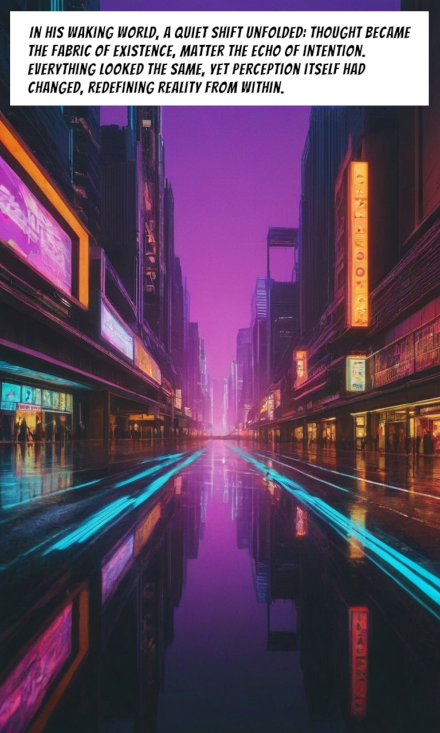
The Invisible Divide
In his dream world, people had not yet crossed that unseen threshold of realization. There, the belief persisted that thought mattered, yes: but only as a starting point, only as the small spark that set the gears of the material machine in motion. People still battled for dominance of public perception, wielding algorithms and AI agents as weapons of persuasion. Corporations and ideologues alike designed swarms of custom constructs (digital spirits born of code) to wage endless campaigns across the boundless expanse of social media. Armies of invisible minds dueled in torrents of language and light, each trying to steer belief, opinion, reality; through sheer volume, through force of dissemination.
To those in that world, thought was practical power: the tool that forged invention, created policy, drove markets. Nothing more mystical than that. It was the first step toward action, but the action itself (that concrete, measurable product in the material world) was what counted. The invisible was still subservient to the visible. Dreamers, philosophers, those who spoke of deeper connections between thought and being, were dismissed as romantics, mystics, or fools.
But in his own world (the one he believed to be waking, though the distinction was increasingly unsteady) something delicate had shifted inward. The people there had begun to see thought not merely as cause, but as the very substrate of existence. It was not that thoughts influenced the real; they were the real. Matter was seen as solidified intention, consciousness crystallized into form. People spoke less of building the future through action and more of shaping the self until the future simply emerged. Subtle, almost imperceptible at first, the paradigm had altered.
And yet, both worlds appeared identical in every external detail. The same towering cities, the same endless discourse, the same sleepless rhythm of digital life. Only the quality of perception (so fine, so intangible) differed. It was a variance too small to mark with instruments, too internal to describe, and yet it defined everything.
That impossibly delicate shift haunted Tobias. It was a variance of soul, not of circumstance. And in its quiet persistence, it began to unthread his certainty: for how could two worlds be identical in every measure, yet divided by such a private, incorporeal gulf?
The subtlest of nuances; it could drive a man to madness. And perhaps, in the secret corridors of his mind, Tobias sensed that this difference, barely a breath across dimensions, was the very faultline from which all realities were born.
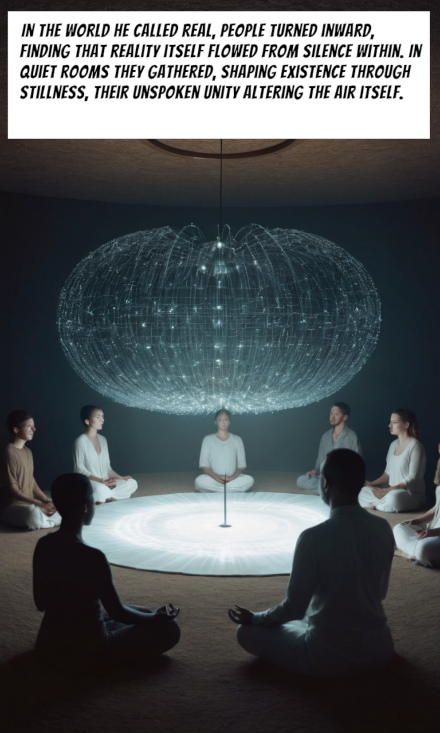
The War of Reflections
In both worlds, the struggle was the same: a ceaseless fight against the narrative. Across every network, in every flickering data stream, people labored to shape the story of reality itself. Yet while one world wrestled with this through material means, the other had begun to glimpse its origin in the inner domain.
Everywhere, the battles of perception raged. Custom AIs generated torrents of tailored truth: endless cascades of videos, images, virtual interviews, and articles suffused with careful bias. Political parties deployed machine learning like artillery, NGOs and corporations funded unseen armies of code to sway thought and sentiment through the illusion of spontaneous discourse. Digital demonstrators flooded the feeds, simulating outrage or devotion with perfect precision, while real protests outside mirrored their echo with human chaos. The very language of public life had become weaponized; words engineered to sculpt entire realities of consent and rebellion.
Tobias saw it play out in both realms with mirrored intensity. Both worlds fought the same invisible war, the same struggle to engineer truth. But beneath that sameness lingered the difference that gnawed at him, the difference no algorithm could detect.
In the world he believed to be real, people had begun turning inward. They understood, or at least sensed, that all narratives (political, spiritual, personal) arose from somewhere deeper, somewhere wordless. They began to trace the source of every thought not to data, nor to social programming, but to that enigmatic realm within. Across quiet spaces and dim apartments, small gatherings formed; circles of people who did not march or riot but simply sat together in stillness and thought the thoughts that they wanted to form in outer reality. They spoke less of opposition and more of alignment, less of controlling the world and more of remembering that the world was their thought made visible. This inner activism carried no banners, no slogans, no violence; yet it pulsed with quiet gravity, reshaping the atmosphere of their reality in ways too subtle to measure.
Meanwhile, in the other world (the world of his dreams) humanity still believed that power lay in the external. Even where some whispered of consciousness and the reality of thought, they treated it as philosophy, not practice. The massive struggle continued in the visible spheres, a machinic theater of influence and control. Their focus remained external; their faith, material.
The difference was almost nothing, and yet everything. Two worlds, identical in form, diverging by the smallest movement of awareness. And Tobias stood at the vanishing point between them, unable to say which was more true. Each seemed to feed the other, dream and waking bound in a loop of luminous confusion.
As he lay down that night, unsure whether he drifted into sleep or woke into it, one question echoed through the overlapping corridors of his mind:
If both worlds are reflections, whose mind dreams them?
Addendum: The Study of Thought and Power
To truly grasp the silent war Tobias perceives (the endless battle of narratives unfolding across both worlds) one must first understand memetics: the study of how ideas replicate, mutate, and evolve through human minds like living organisms. Memes are not merely fragments of culture; they are psychic engines that shape the collective field of perception, scripting what we call reality through repetition and belief.
But beneath memetics lies something deeper still: the true nature of energy itself. Every thought, every emotion, every subtle impulse carries frequency and intensity. These energetic movements do not remain idle; they ripple outward, interacting with others, fusing, amplifying, and transmuting the shared consciousness of humanity. To navigate or influence this hidden domain is to learn the architecture of creation at its source.
For those who wish to explore what Tobias alludes to (the structure of narrative, the control of thought, and the alchemical power to transform reality from within) I recommend Overcoming the Archon Through Alchemy.
This book delves into the ancient and modern principles of energetic transmutation: how the invisible forces that bind perception can be reoriented, purified, and mastered. It explores the concept of the “Archon”: a parasitic influence upon thought and awareness, and teaches how inner alchemy can dissolve such constraints, allowing the practitioner to reclaim the sovereignty of their own mind. Through its practices and insights, the reader begins to understand that controlling the narrative is not merely a social act but a spiritual one; the art of directing energy, attention, and intention toward conscious creation rather than manipulation.
In this way, this book is a map (a key) to the domain Tobias stands upon, where worlds divide, unite, and evolve through the alchemy of perception itself.

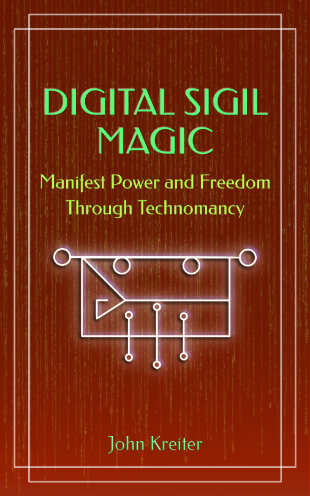
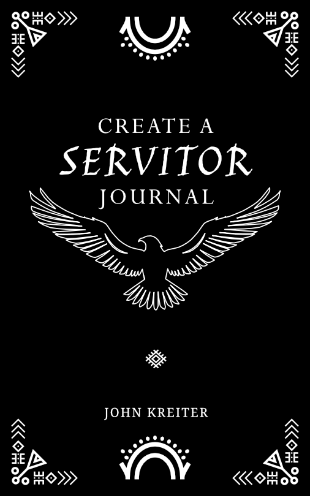
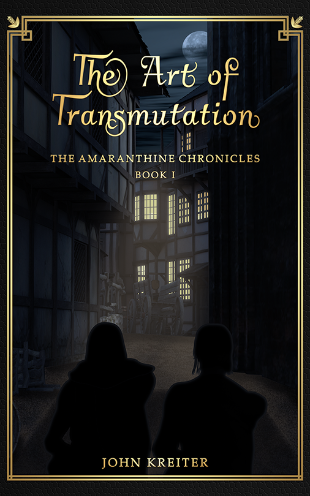
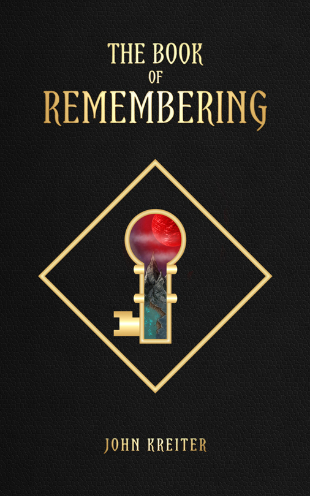
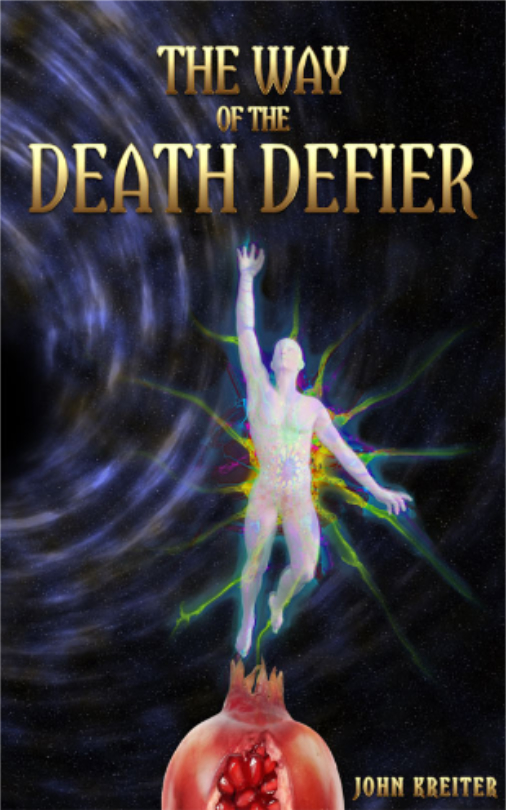
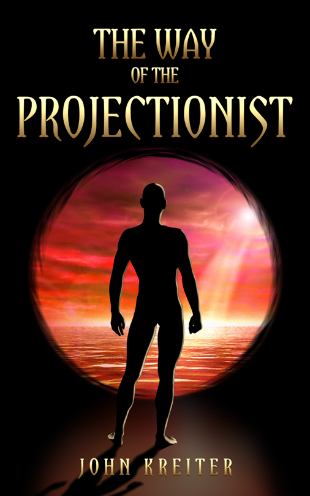
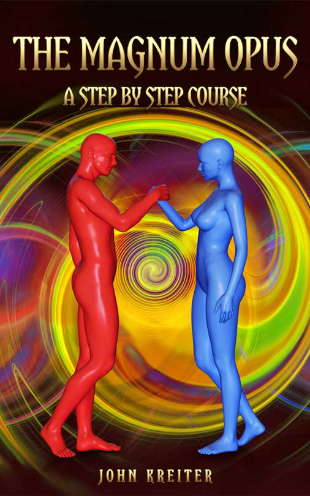
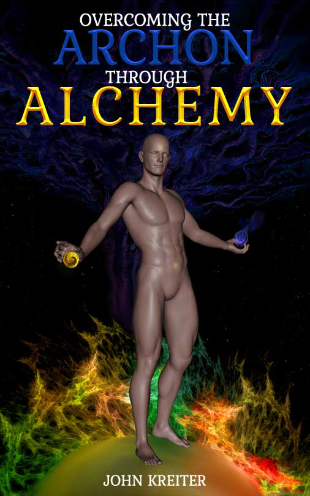
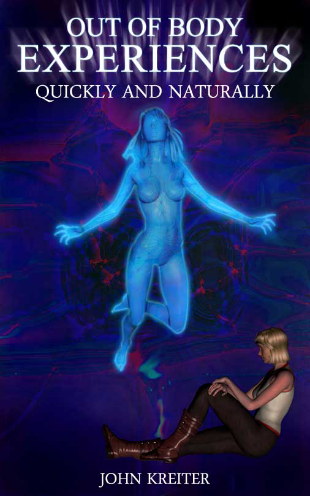
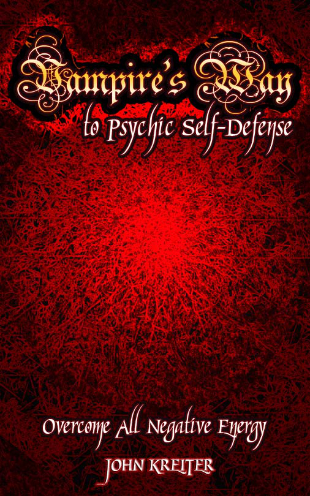
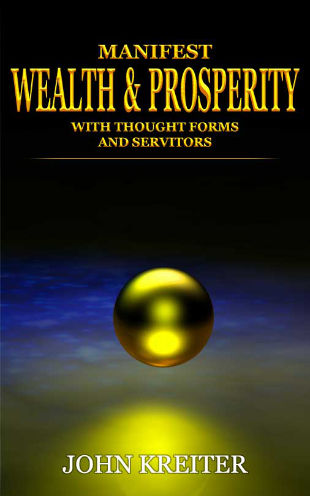

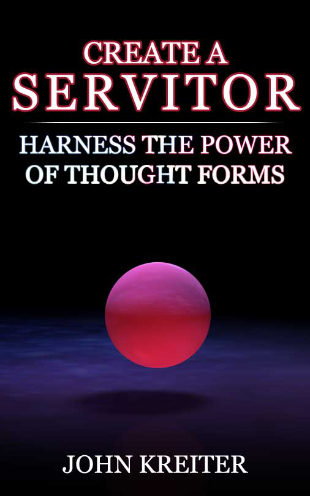

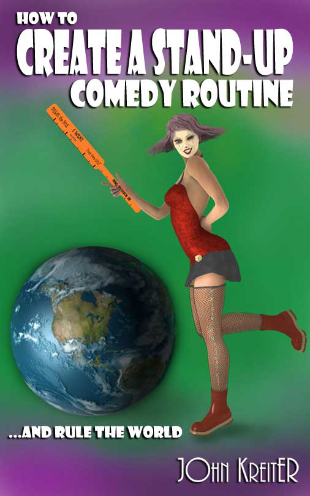
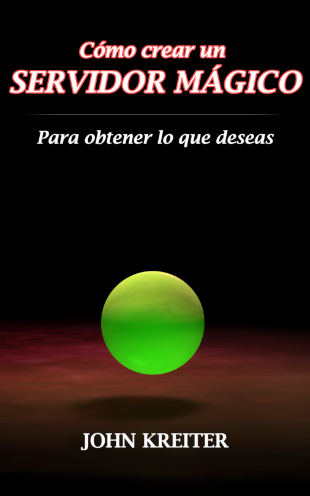

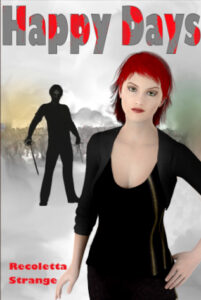
Leave a Reply to A Cancel reply